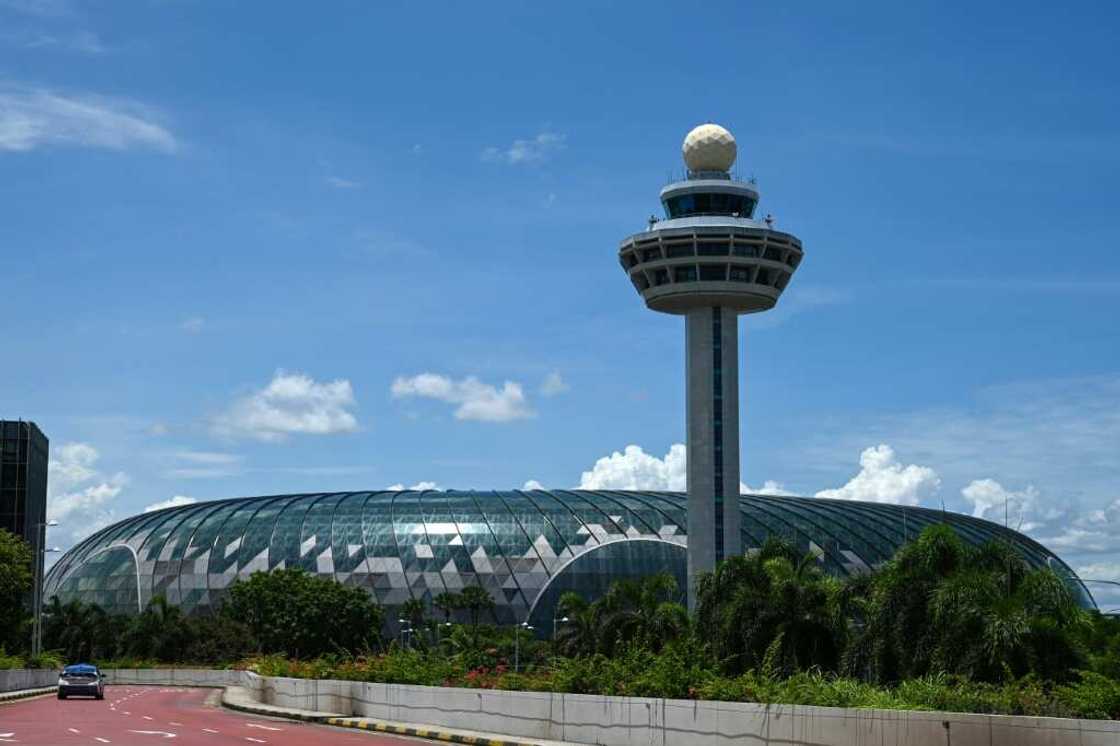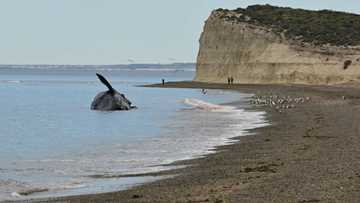Singapore makes biggest seizure of rhino horn

Source: AFP
PAY ATTENTION: Сheck out news that is picked exactly for YOU ➡️ find the “Recommended for you” block on the home page and enjoy!
Singapore authorities have made their biggest ever seizure of rhino horn with a US$830,000 haul confiscated from a smuggler arriving from South Africa, officials said Wednesday.
The city-state's National Parks Board said 20 pieces of horn weighing a total of 34 kilograms (75 pounds) were discovered Tuesday in two bags at Singapore Changi Airport.
The contraband was detected by sniffer dogs and belonged to a passenger travelling onward to Laos, the board said, adding that the suspect had been arrested.
"This is the largest seizure of rhinoceros horns in Singapore to date," it said in a statement.
Rhinos are protected under the Convention on International Trade in Endangered Species of Wild Fauna and Flora (CITES) and international trade in their horns is prohibited.
The board said genetic testing is being carried out on the seized horns to identify the species, after which they will be destroyed to prevent them from re-entering the market.
PAY ATTENTION: Share your outstanding story with our editors! Please reach us through info@corp.legit.ng!
Rhino horns are considered status symbols and believed to have medicinal properties in parts of Asia. They are also carved into jewellery and household items including combs, buttons and belt buckles.
The Switzerland-based International Union for Conservation of Nature (IUCN) said in August that poaching and the illegal trade in horns have decreased in recent years but remain grave threats to rhinos.
It said more than 2,700 rhinos were poached in Africa between 2018 and 2021, of which 90 percent were killed in South Africa, mainly in the Kruger National Park.
South Africa is home to nearly 80 percent of the world's rhinos.
Source: AFP



